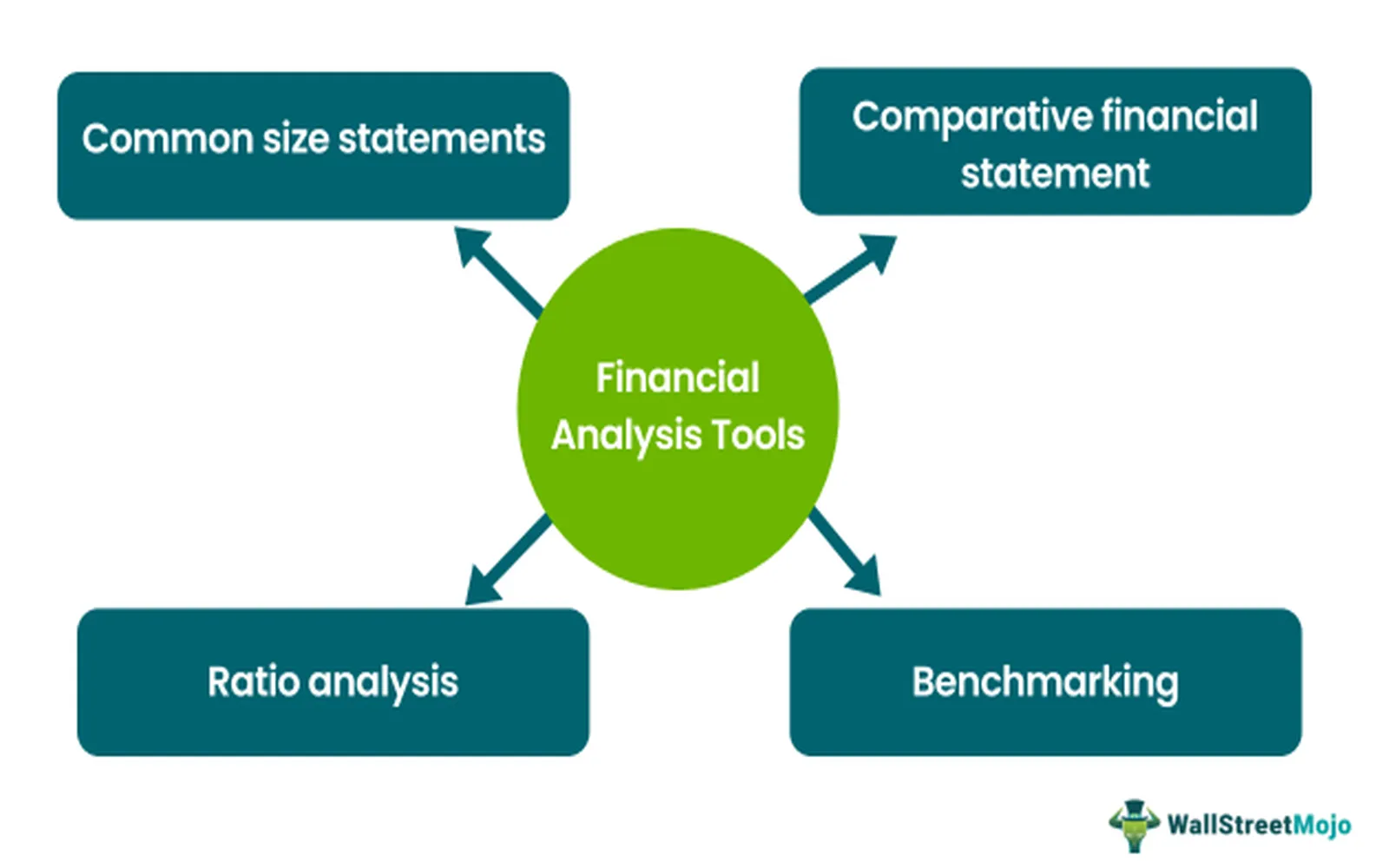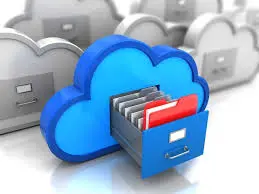Cloud computing has transformed the way businesses and individuals store, manage, and access data. With various service providers in the market, choosing the right one can be daunting. This article highlights the best cloud computing companies for both business and personal use, focusing on their features, benefits, and pricing. Below is a comparison chart to help you make an informed decision.
Top Cloud Computing Companies
| Provider | Type of Service | Best For | Starting Price |
|---|---|---|---|
| Amazon Web Services (AWS) | Infrastructure as a Service (IaaS) | Large businesses, developers | Pay-as-you-go |
| Microsoft Azure | IaaS and Platform as a Service (PaaS) | Enterprises, hybrid cloud solutions | Pay-as-you-go |
| Google Cloud Platform (GCP) | IaaS and PaaS | Data analytics, machine learning | Pay-as-you-go |
| Dropbox | File Storage and Sharing | Individuals, small businesses | $9.99/month |
| Box | File Storage and Collaboration | Businesses, teams | $5/user/month |
| iCloud | File Storage | Apple users, families | $0.99/month |
Amazon Web Services (AWS)
Amazon Web Services is a comprehensive cloud platform offering over 200 fully featured services from data centers globally. AWS is known for its scalability, reliability, and security, making it an ideal choice for large businesses and developers looking for robust infrastructure. The pay-as-you-go pricing model allows companies to only pay for what they use, which can lead to significant cost savings.
Microsoft Azure
Microsoft Azure provides a wide range of cloud services, including Infrastructure as a Service (IaaS) and Platform as a Service (PaaS). It is particularly attractive for enterprises looking for hybrid cloud solutions that integrate with existing Microsoft products. With its extensive toolset and easy integration capabilities, Azure is excellent for businesses that already use Microsoft software.
Google Cloud Platform (GCP)
Google Cloud Platform is recognized for its powerful data analytics and machine learning capabilities. It provides a flexible and scalable environment, which is perfect for businesses that require advanced data processing. GCP's user-friendly interface and comprehensive documentation make it accessible for both tech-savvy users and those new to cloud computing.
Dropbox
Dropbox is a well-known cloud storage service that focuses on file storage and sharing. It is user-friendly and integrates seamlessly with many other applications, making it suitable for individuals and small businesses. With a starting price of $9.99 per month, it offers a straightforward solution for those who need a reliable way to store and share files.
Box
Box provides cloud storage and collaboration tools tailored for businesses. Its strong focus on security and compliance makes it a favorite among teams that handle sensitive data. With plans starting at $5 per user per month, Box offers an affordable option for organizations looking to enhance their collaboration efforts while ensuring data safety.
iCloud
iCloud is Apple's cloud storage solution, primarily designed for Apple users. It provides seamless integration across devices, making it easy for families and individuals to store photos, documents, and backups. With a starting price of only $0.99 per month, iCloud offers an economical choice for those deeply embedded in the Apple ecosystem.
Choosing the Right Cloud Provider
When selecting a cloud computing company, consider your specific needs, such as the type of service you require, your budget, and the level of support you expect. Businesses may prioritize features like scalability, security, and compliance, while individuals might look for ease of use and cost-effectiveness. It’s also worth evaluating each provider’s ecosystem and how well it integrates with existing tools you use.
Conclusion
The rise of cloud computing has opened up numerous possibilities for businesses and individuals alike. Whether you need robust infrastructure from AWS, seamless collaboration through Box, or straightforward file storage with Dropbox, there is a cloud provider that meets your needs. By understanding the strengths of each provider, you can make an informed choice that will benefit your business or personal projects in the long run.









